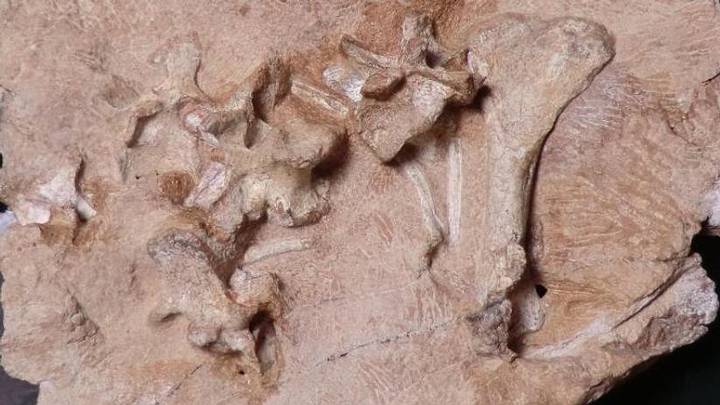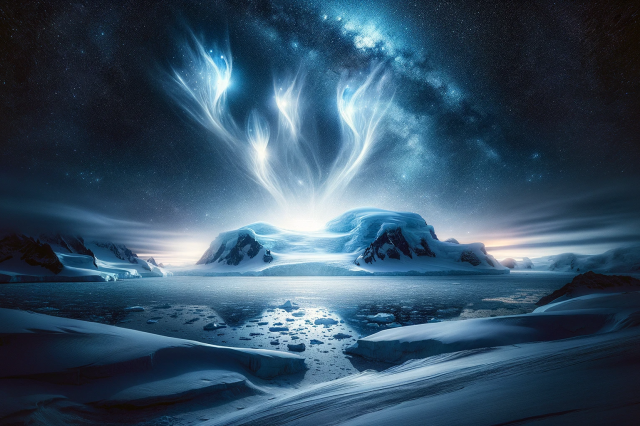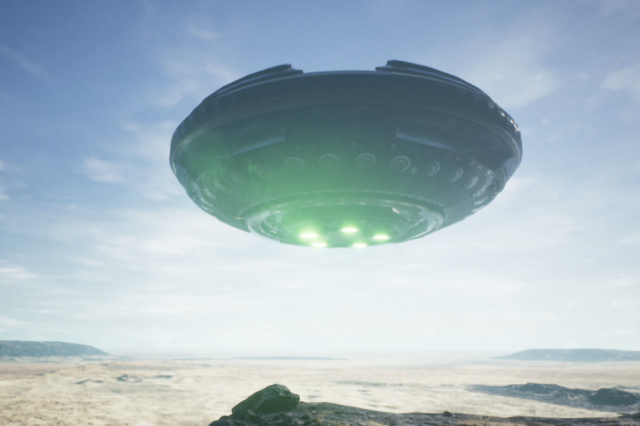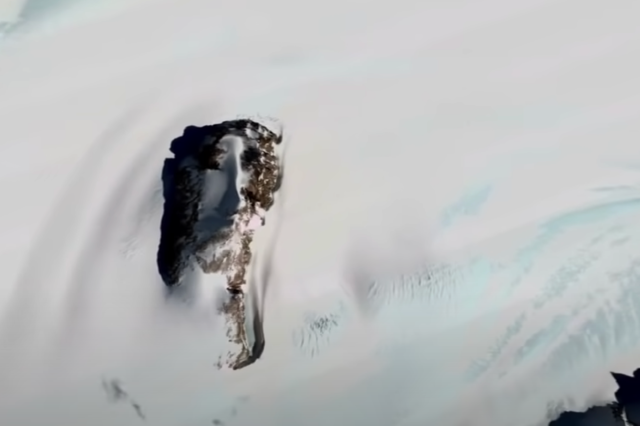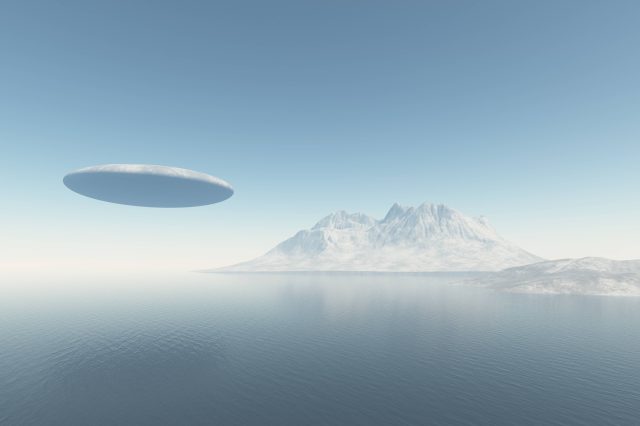Researchers say that "the more we find out about prehistoric Antarctica, the weirder it is..."
The discovery of a rare ancient fossil in Antarctica could help us rewrite what prehistoric Antarctica was like. The ancient creature wasn’t big. It was about the size of a modern-day iguana. But the recently discovered fossilized remains in Antarctica tell us much about the continent before it was covered in snow, ice, and freezing temperatures.
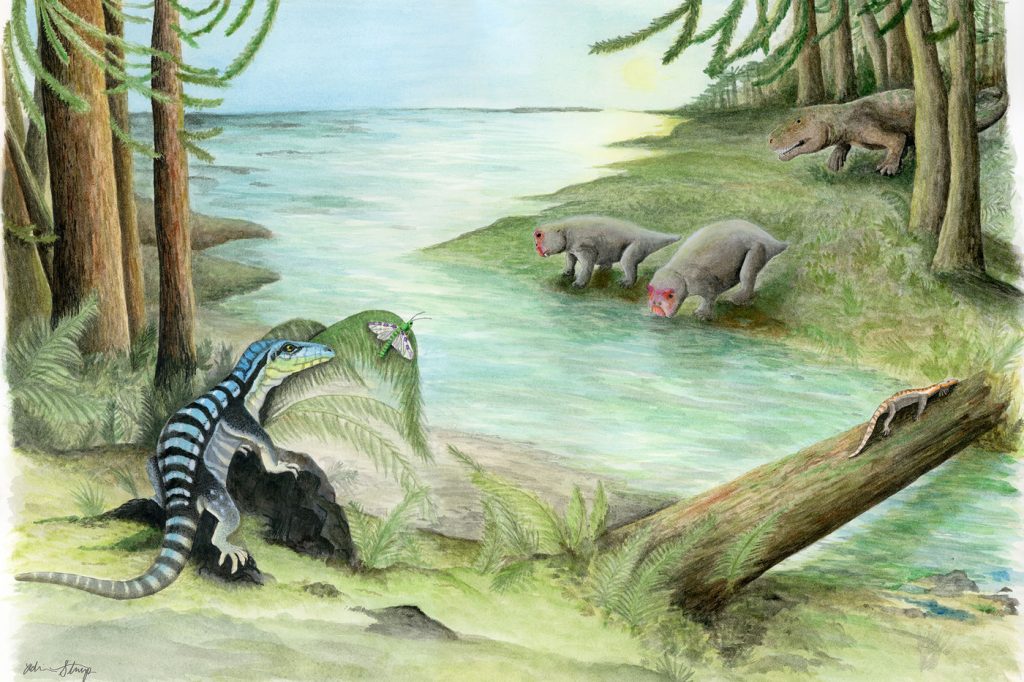
Ancient Fossil Discovered in Antarctica
Travel back in time some 250 million years, and you will find that Antarctica was teeming with life. All sorts of life. It was a continent covered with lush forests, unimaginable vegetation, rivers, and lakes. In fact, according to a new study, the recently discovered fossil is a Dinosaur ancestor.
“This new animal was an archosaur, an early relative of crocodiles and dinosaurs,” says Brandon Peecook, a Field Museum researcher and lead author of a paper in the Journal of Vertebrate Paleontology describing the new species. “On its own, it just looks a little like a lizard, but evolutionarily, it’s one of the first members of that big group. It tells us how dinosaurs and their closest relatives evolved and spread.”
Incomplete skeleton
Even though the fossil skeleton is incomplete, paleontologists still have an excellent feel for the animal. They have named Antarctanax shackletoni (the former means “Antarctic king,” and the latter is a nod to polar explorer Ernest Shackleton).
Based on its similarities to other fossil animals, Peecook and the coauthors of the study (Roger Smith of the University of Witwatersrand and the Iziko South African Museum and Christian Sidor of the Burke Museum and the University of Washington) believe that Antarctanax was most likely a carnivore that used to hunt smaller bugs, early mammal relatives, and amphibians. And while the discovery is truly incredible, scientists say the best part about it is where it lived and when.
Prehistoric Antarctica
“The more we find out about prehistoric Antarctica, the weirder it is,” explains Peecook. “We thought that Antarctic animals would be similar to those living in southern Africa since those landmasses were joined back then. But we’re finding that Antarctica’s wildlife is surprisingly unique.”
As noted in an article by the Field Museum, around two million years before Antarctanax lived, Earth underwent one of its most massive extinction events in history.
The culprit: Climate change. Climate Change, caused by volcanic eruptions, killed 90% of all animal life. The years following the mass extinction were evolutionary free-for-all — where new groups of animals vied to fill in the gaps. The archosaurs, including dinosaurs, experienced enormous growth and quickly filled in the gaps.
“Before the mass extinction, archosaurs were only found around the Equator, but after it, they were everywhere,” says Peecook. “And Antarctica had a combination of these brand-new animals and stragglers of animals that were already extinct in most places — what paleontologists call ‘dead clades walking.’ You’ve got tomorrow’s and yesterday’s animals cohabiting in a cool place.”
Antarctica was a place where rapid evolution
Researchers say that the discovery of Antarctanax helps bolster the theory that Antarctica was a place where rapid evolution and diversification occurred after the mass extinction.
“The more different kinds of animals we find, the more we learn about the pattern of archosaurs taking over after the mass extinction,” notes Peecook. “Antarctica is one of those places on Earth, like the bottom of the sea, where we’re still in the very early stages of exploration,” says Peecook.”
Join the discussion and participate in awesome giveaways in our mobile Telegram group. Join Curiosmos on Telegram Today. t.me/Curiosmos

